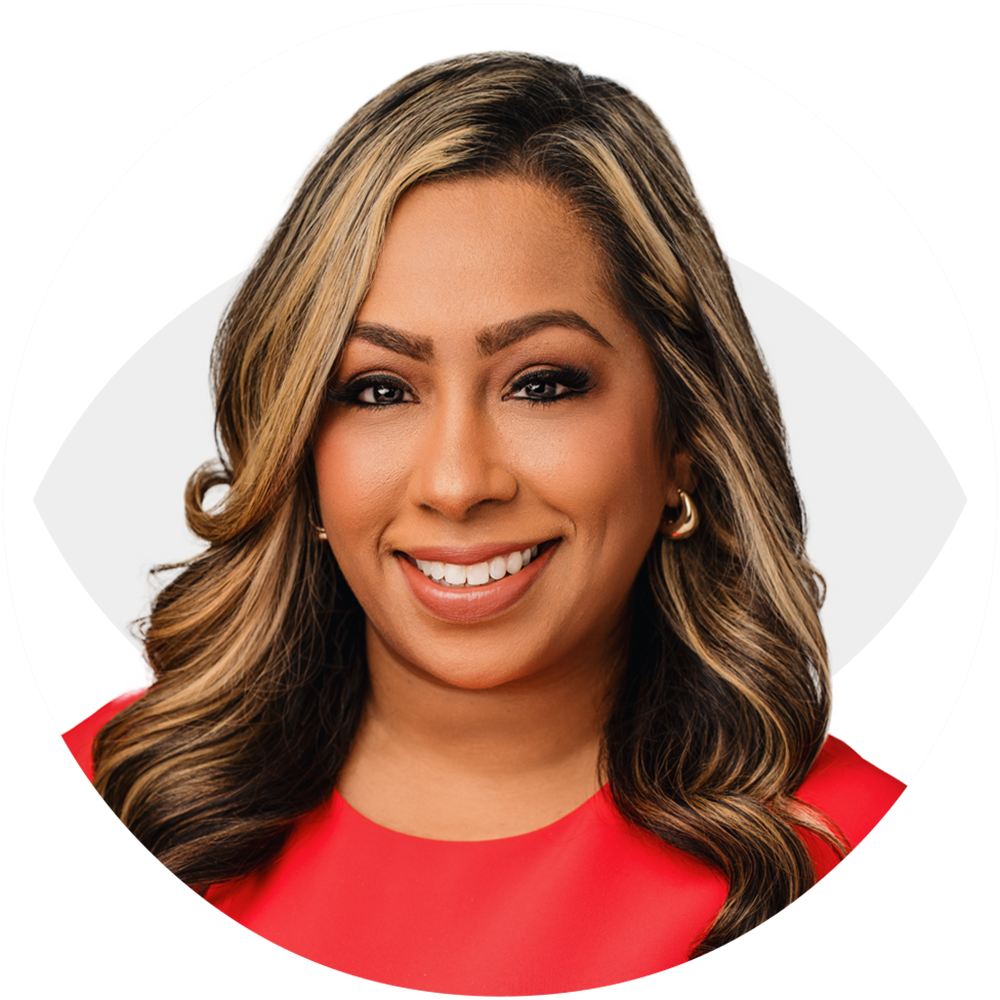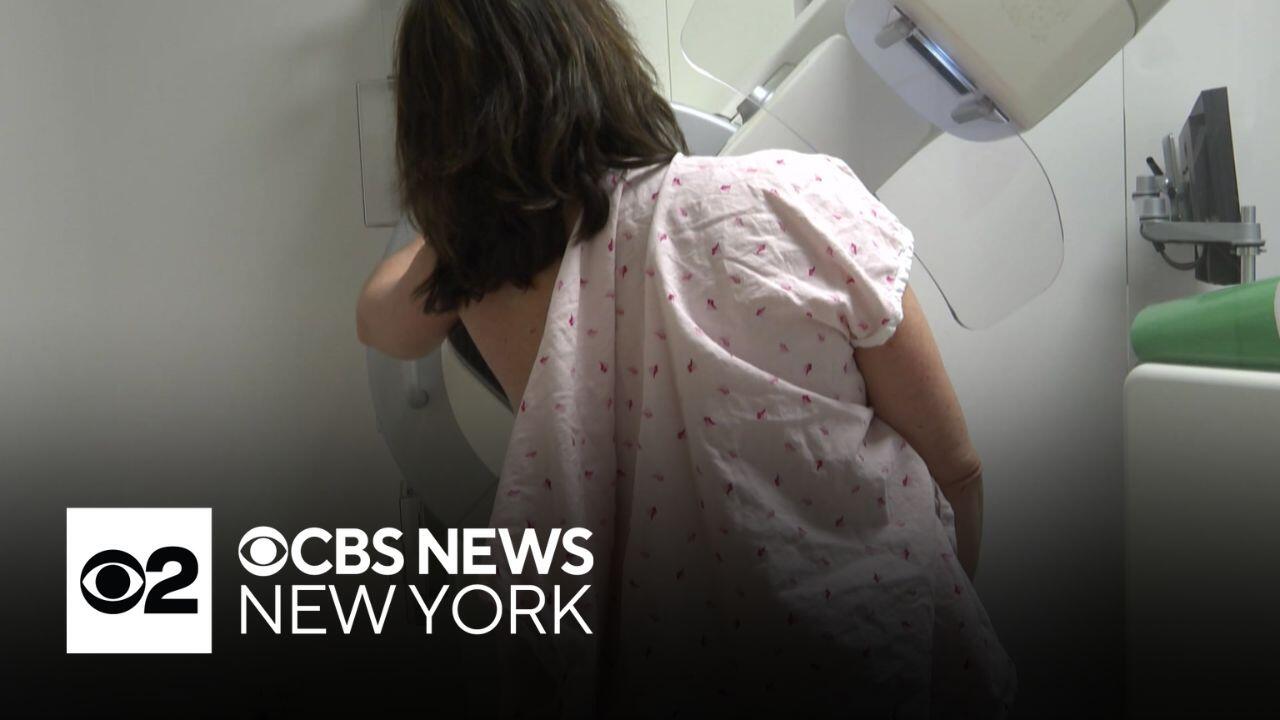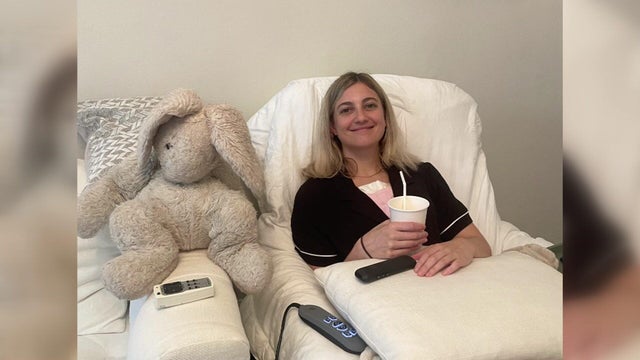Early detection is key for those with high risk of breast cancer, doctors say. What to know about risk factors and prevention
When it comes to breast cancer, doctors say early detection is key, especially if you are high risk.
Those at high risk include people who have a family history of cancer, increased breast density, carry the BRCA gene or have a high body mass index.
What to do if you're at high risk of breast cancer
Doctors recommend maintaining a healthy body weight with regular exercise, limiting alcohol, receiving annual mammograms, getting breast MRIs and talking with your doctor about anti-estrogen medications.
"If you have a family member, regardless of the relationship — grandmother, aunt — start screening at least 10 years before they were diagnosed," said Dr. Julia McGuinness, an oncologist at Columbia University who specializes in patients who are at high risk.
According to McGuinness, more young women are being diagnosed with breast cancer, and the recommended age to start getting mammograms was recently lowered from 50 to 40.
"A lot of it actually has to do with the fact that minority women, including Black and Hispanic women, are the ones in whom the early diagnoses are occurring," she said.
According to the American Cancer Society, Black and Hispanic women are being diagnosed with breast cancer before the age of 50 with the peak in their 40s, and Black women have a higher risk of death.
At Columbia Cancer Center, scientists investigate potential causes of breast cancer and potential treatments.
"Research is the reason we can improve our treatment," McGuinness said.
McGuinness is currently working on using artificial intelligence to improve cancer risk prediction among diverse populations and is also monitoring the response to anti-estrogen therapies.
Both projects are being done through the Susan G. Komen Organization, which has been supporting cancer research since 1982.
"I really didn't think that at age 29, I could actually get cancer"
Cancer runs in Dani Alderman's family. Both her maternal grandmother and paternal aunt struggled with the disease, and Alderman herself ended up being diagnosed with stage one cancer before she was even 30.
"I really didn't think that at age 29, I could actually get cancer," she said. "It felt very shocking and scary because you hear that word and your mind races."
She added, "I remember just kind of like freezing, and just like, it felt surreal."
Alderman had a double mastectomy on her 30th birthday. She's now 32, and even though she's been cancer-free for two years, she worries.
"I wonder if it will come back all the time," she said.
But she is still smiling.
"I'm a survivor and I'm happy to say it," she said.
Alderman is one of thousands taking part in the Susan G. Komen Race for the Cure on Sunday, celebrating survivorship and honoring those who lost their battle to the disease.
The 2025 Komen Greater NYC Race for the Cure steps off at 9:30 a.m. Sunday in Central Park. For more information, visit komen.org/race.


